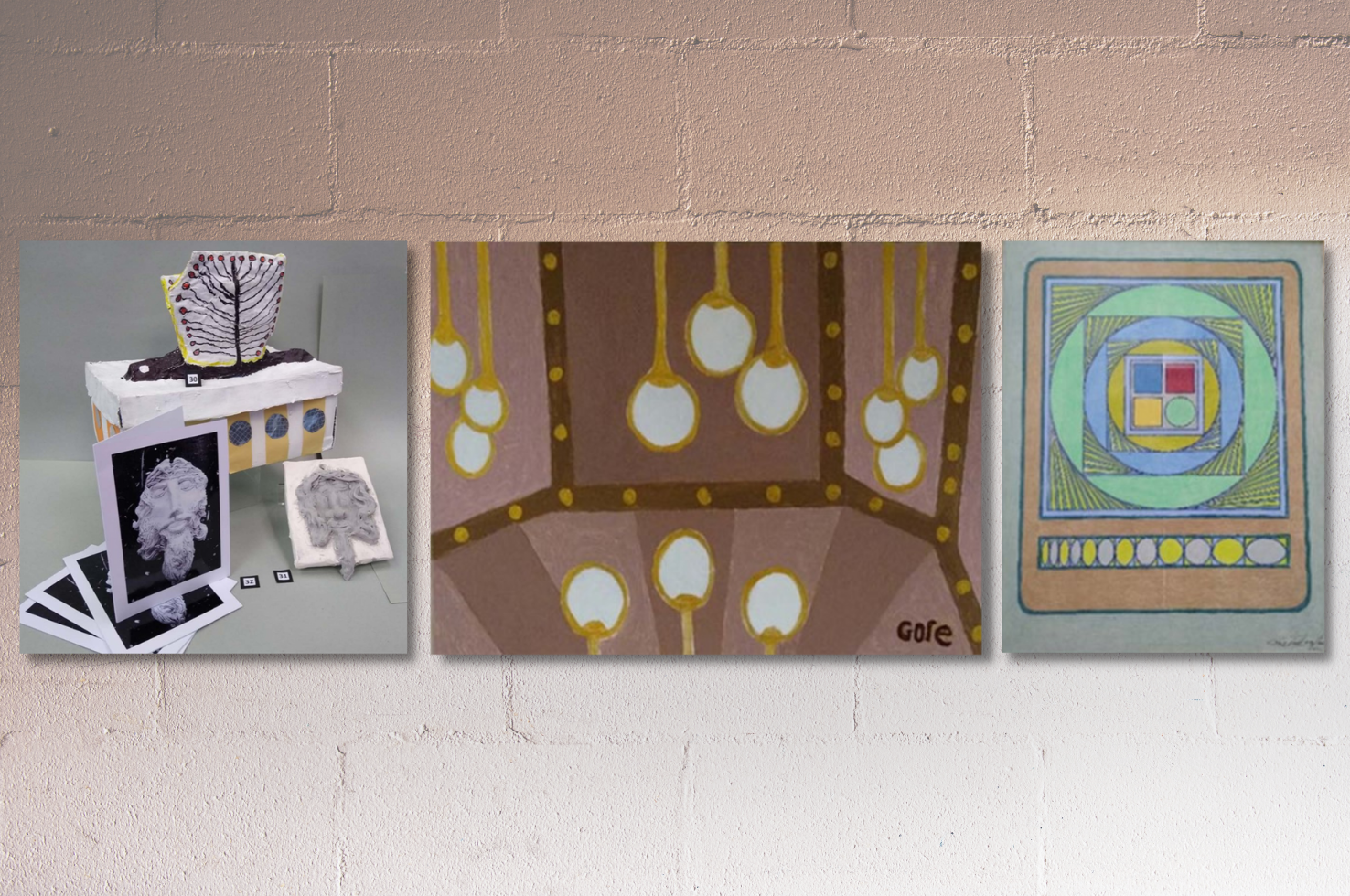Behavioral Health Clinicians, Researchers, Patients and Families Gather Virtually for the 38th Annual Pittsburgh Schizophrenia Conference

The annual Pittsburgh Schizophrenia Conference, now in its 38th year, presents the latest clinical and research findings to an audience of psychiatrists, nurses, social workers, psychologists, service coordinators, researchers, and mental health policy administrators, as well as to patients and families.
Conference course director K.N. Roy Chengappa, MD (Professor of Psychiatry) leads UPMC Western Psychiatric Hospital (WPH)’s Comprehensive Recovery Services, which serves individuals living with psychotic disorders. Dr. Chengappa addressed the audience on the treatment of tardive dyskinesia, an involuntary neuromuscular movement disorder primarily recognized as a side effect of antipsychotic medication use.
Deanna M. Barch, PhD (Chair of Psychological and Brain Sciences, Gregory B. Couch Professor of Psychiatry and Radiology, Washington University, St. Louis, MO) received the 2021 Gerard E. Hogarty Excellence in Schizophrenia Research Memorial Award. Dr. Barch studies cognitive and language deficits in schizophrenia, and the neurobiological mechanisms that contribute to these deficits. Her Gerard E. Hogarty Memorial Presentation addressed the causes and consequences of motivational impairments in psychosis.
From the Department of Psychiatry Vishwajit Nimgaonkar, MD, PhD (Professor of Psychiatry and Human Genetics), discussed the testing of new repurposed medicines for treating people diagnosed with schizophrenia. From WPH, Helen Wood, DClinPsy (Psychologist, Comprehensive Recovery Services) discussed treating psychosis with cognitive behavioral therapy in the outpatient setting.
University of Pittsburgh invited speakers included Madhavi Ganapathiraju, PhD (Associate Professor of Biomedical Informatics), who spoke on using computer science to study biological mechanisms and find therapeutics for schizophrenia, and Nev Jones, PhD (Faculty, Social Work Academic Programs), who discussed the importance of school and work involvement for individuals living with psychotic disorders.
Music and art are consistently included at the Pittsburgh Schizophrenia Conference. Composer Flavio Chamis described his work with Infinity, a group of musicians who are also WPH patients receiving treatment for schizophrenia. Formed in 2018, the group meets to play music as part of their recovery, and have also collaboratively created original compositions. An online exhibition of artworks featured multimedia work by artists of WPH Comprehensive Recovery Services Oxford outpatient clinic, where patients participate in art therapy as part of psychiatric rehabilitation groups.
